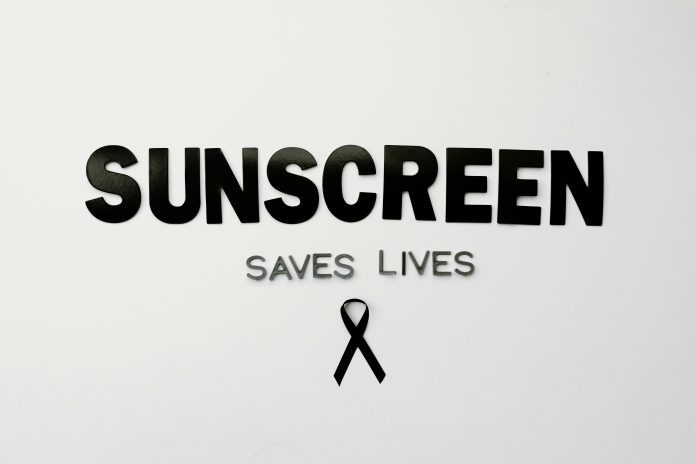As part of SunSmart Skin Cancer Awareness Month, oncologists from Netcare Alberton Hospital are urging South Africans to prioritize sun protection and regular skin cancer screenings. With the country’s sunny climate, the risk of skin cancer remains a significant concern.
Skin cancer is the most common type of cancer in South Africa, encompassing three main types: squamous cell carcinoma, basal cell carcinoma, and melanoma.
“South Africa averages around 2,500 hours of sunshine annually, which is wonderful for outdoor activities but increases the risk of skin cancer,” explains Dr. Sylvia Rodrigues. “Even occasional sunburn can elevate the likelihood of developing these cancers.”
The skin, the body’s largest organ, serves as a protective barrier against external harm. Skin cancer originates in the epidermis, the outermost layer, which comprises squamous cells, basal cells, and melanocytes.
Dr. Karen Motilall emphasizes the dangers of melanoma, a cancer originating in melanocytes, the pigment-producing cells in the skin. “Melanoma is particularly concerning due to its ability to metastasize rapidly. While sun exposure is a significant factor, melanoma often has a genetic component, though this is not always the case.”
Recognizing Melanoma
Melanoma can appear as a mole or a new growth on the skin, often with irregular shapes or colors, including shades of pink, red, black, purple, blue, or white. Some lesions may change in texture, bleed, itch, or scale.
While fair-skinned individuals are generally more prone to melanoma, Dr. Rodrigues notes that darker-skinned people are at higher risk of acral lentiginous melanoma (ALM), a rare but aggressive form of melanoma that typically appears on the palms, soles, or under the nails.
“The key is to act promptly if you notice any new marks or changes in existing moles,” advises Dr. Rodrigues. “Scheduling regular mole mapping as part of your annual health check-up can provide peace of mind and potentially save lives.”
Prevention and Treatment
Preventing skin cancer starts with minimizing sun exposure and using protective measures such as sunscreen, hats, and clothing. Regular discussions with healthcare professionals about individual risk factors, including family history and conditions like albinism, are also crucial.
The integrated cancer care centre at Netcare Alberton Hospital provides comprehensive diagnostic and treatment services, including surgery, chemotherapy, and radiation therapy. Advanced technology, such as the Varian TrueBeam™ 4.0 linear accelerator, enables precise targeting of metastases in advanced-stage cancers while sparing healthy tissue.
“Treatment options depend on the type and stage of skin cancer, with surgery, chemotherapy, and radiation often used in combination,” says Dr. Motilall. “Radiation therapy, in particular, is proving effective in treating melanoma that has spread to other parts of the body.”
Raising Awareness
As one of South Africa’s most common cancers, skin cancer requires heightened public awareness to improve prevention, early detection, and treatment outcomes.
“We urge everyone to take proactive steps to protect themselves and their families,” Dr. Motilall concludes. “Public awareness is a powerful tool in reducing the impact of skin cancer and improving survival rates.”
READ MORE: Skin Cancer Prevention


